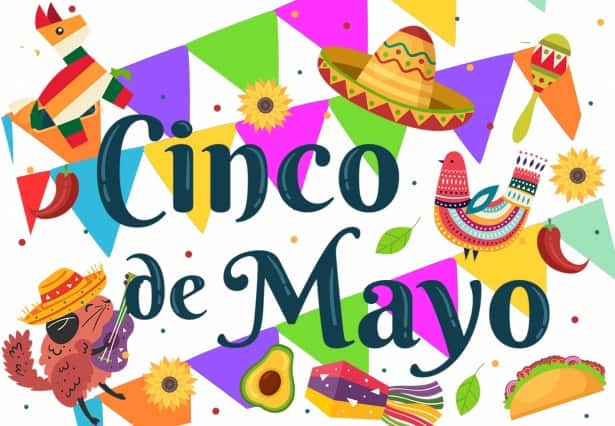
Today is Cinco de Mayo May 5th Happy Cinco de Mayo!
Cinco de Mayo is a holiday that is celebrated in the United States every year on May 5th. While many people associate the holiday with Mexican Independence Day, which is actually celebrated on September 16th, Cinco de Mayo has a different meaning and history.
The holiday commemorates the Mexican army’s victory over the French at the Battle of Puebla on May 5, 1862. At the time, Mexico was in a state of financial crisis and had defaulted on its debts to several European countries, including France. In response, France sent troops to Mexico to demand payment and establish a French-controlled government.
Despite being outnumbered and outgunned, the Mexican army, led by General Ignacio Zaragoza, was able to defeat the French forces in a decisive battle at Puebla. While the victory did not end the French occupation of Mexico, it was a significant morale boost for the Mexican people and helped to rally support for the resistance movement.
So why is Cinco de Mayo celebrated in the United States? While the holiday is not widely celebrated in Mexico outside of the state of Puebla, it has become a popular cultural celebration in the United States, particularly in areas with large Mexican-American populations.
In the United States, Cinco de Mayo is often celebrated with parades, festivals, and parties that feature traditional Mexican food, music, and dance. It has become a way for Mexican-Americans to celebrate their heritage and culture, and for non-Mexican Americans to learn more about Mexican history and traditions.
However, it’s worth noting that Cinco de Mayo has also been criticized for being overly commercialized and for perpetuating stereotypes about Mexican culture. Some have argued that the holiday has become more about drinking and partying than about honoring the historical significance of the Battle of Puebla.
Regardless of how you choose to celebrate Cinco de Mayo, it’s important to remember the holiday’s historical roots and to appreciate the contributions of Mexican-Americans to American culture and society. By learning more about the meaning and history of the holiday, we can all gain a greater appreciation for the diversity and richness of our shared cultural heritage.
